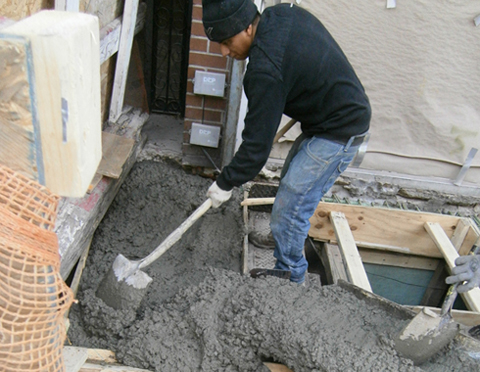
Most construction work, such as concrete pouring, requires Special Inspections to verify it meets safety standards and New York City Building Code.
If your building has undertaken repair or upgrade work, your engineer or architect may have informed you that "Special Inspections" are required on the project. Many building owners and managers have been asking what these inspections are, and why are they needed.
Special Inspections supersede what used to be called "Controlled Inspections." They verify that construction work has been conducted according to the project’s approved construction documents.
Over the past two years, the New York City Department of Buildings has tightened the requirements for Special Inspections, affecting most major repair and upgrade programs.
In RAND's latest Ask the Engineer column, we discuss the changes in the city's Special Inspections Program and how they affect your building's projects, including:
- Four categories of Special Inspections
- Typical Special Inspections items
- New requirements for Special Inspection Agencies
- Difference between Special Inspections and Progress Inspections
- Testing methods
- Cost factors
For more on Special Inspections, read the full article and send us your questions or comments at info@nullrandpc.com, or call us at 212-675-8844.

One Response to Why Your Building’s Repair Project Requires Special Inspections